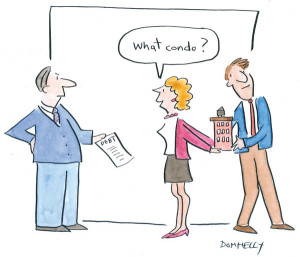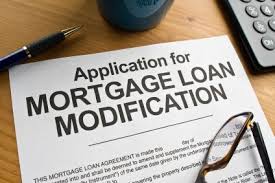 Previous blog posts have discussed foreclosures in New York State. Many of our clients own either residential or commercial property and may not be able to make their mortgage payments. They may become subject to a foreclosure lawsuit brought in the appropriate Supreme Court, in which the lender seeks to foreclose on its mortgage and take over ownership of the property in question.
Previous blog posts have discussed foreclosures in New York State. Many of our clients own either residential or commercial property and may not be able to make their mortgage payments. They may become subject to a foreclosure lawsuit brought in the appropriate Supreme Court, in which the lender seeks to foreclose on its mortgage and take over ownership of the property in question.
However, our firm is often asked what happens after the lender takes ownership of the property from the borrower. This is usually done after a public foreclosure sale of the property before a court-appointed Referee. The Referee will then prepare a Referee’s Deed, in which ownership of the property is transferred from the borrower to the entity which was the successful high bidder at the foreclosure sale. The Referee’s Deed is then recorded with the County Clerk’s Office in the county in which the property is located.
Does the foreclosure action end at that point? Generally the answer is yes, but not always. The lender, which can be either an institution such as a bank or credit union, or an individual, may seek a deficiency judgment against the borrower after the foreclosure sale is finished. Whether this happens is dependent on the successful bidder at the foreclosure sale. Before the public auction, the lender will make public the amount which the borrower owes on the property. This amount will include all principal and interest on the loan being foreclosed, the costs of the foreclosure, including attorney’s and referee’s fees and court costs, as well as any other expenses that the lender incurred in foreclosing the property. Let’s assume that this amount is $500,000.00. Any third-party bidder (anyone who is not the lender) for the property must bid at least this amount for the property. In the example given, the bidding would have to start at $500,000.00. Assuming someone believes the property is worth at least this amount, the highest bid which exceeds $500,000.00 would pay this amount to the Referee and become the owner of the property. The first $500,000.00 of the successful bid would be paid to the lender, with any remaining sums going to any creditors of the borrower who have appeared in the foreclosure action, and any surplus after that paid to the borrower. In such a case, there would be no deficiency judgment.
 Our firm is often consulted in situations where a number of individuals have inherited real property. For example, a parent passes away, and leaves a house to her three children. Many legal issues can arise from this type of situation, which will be discussed in this blog post.
Our firm is often consulted in situations where a number of individuals have inherited real property. For example, a parent passes away, and leaves a house to her three children. Many legal issues can arise from this type of situation, which will be discussed in this blog post. New York Real Estate Lawyers Blog
New York Real Estate Lawyers Blog










